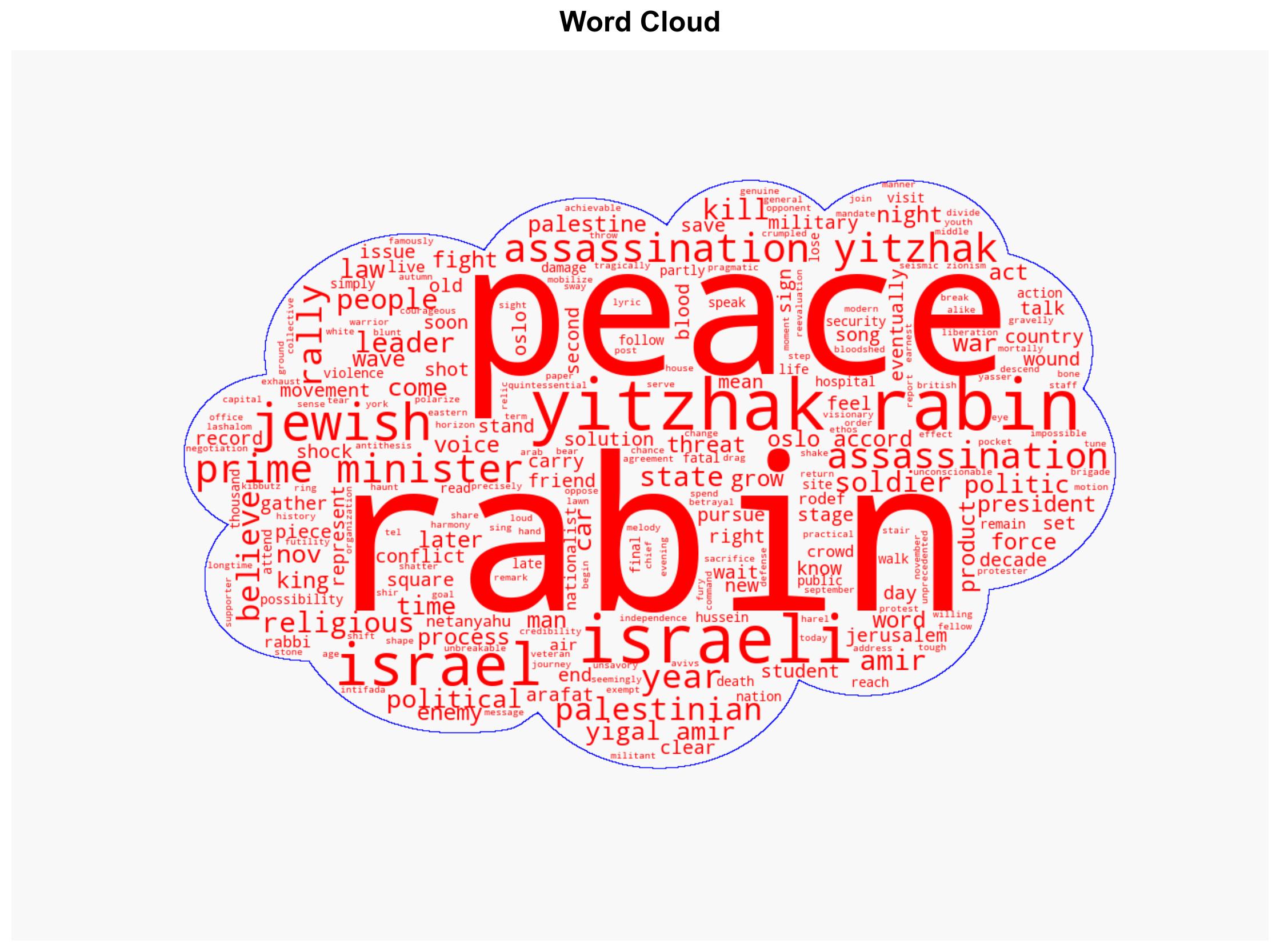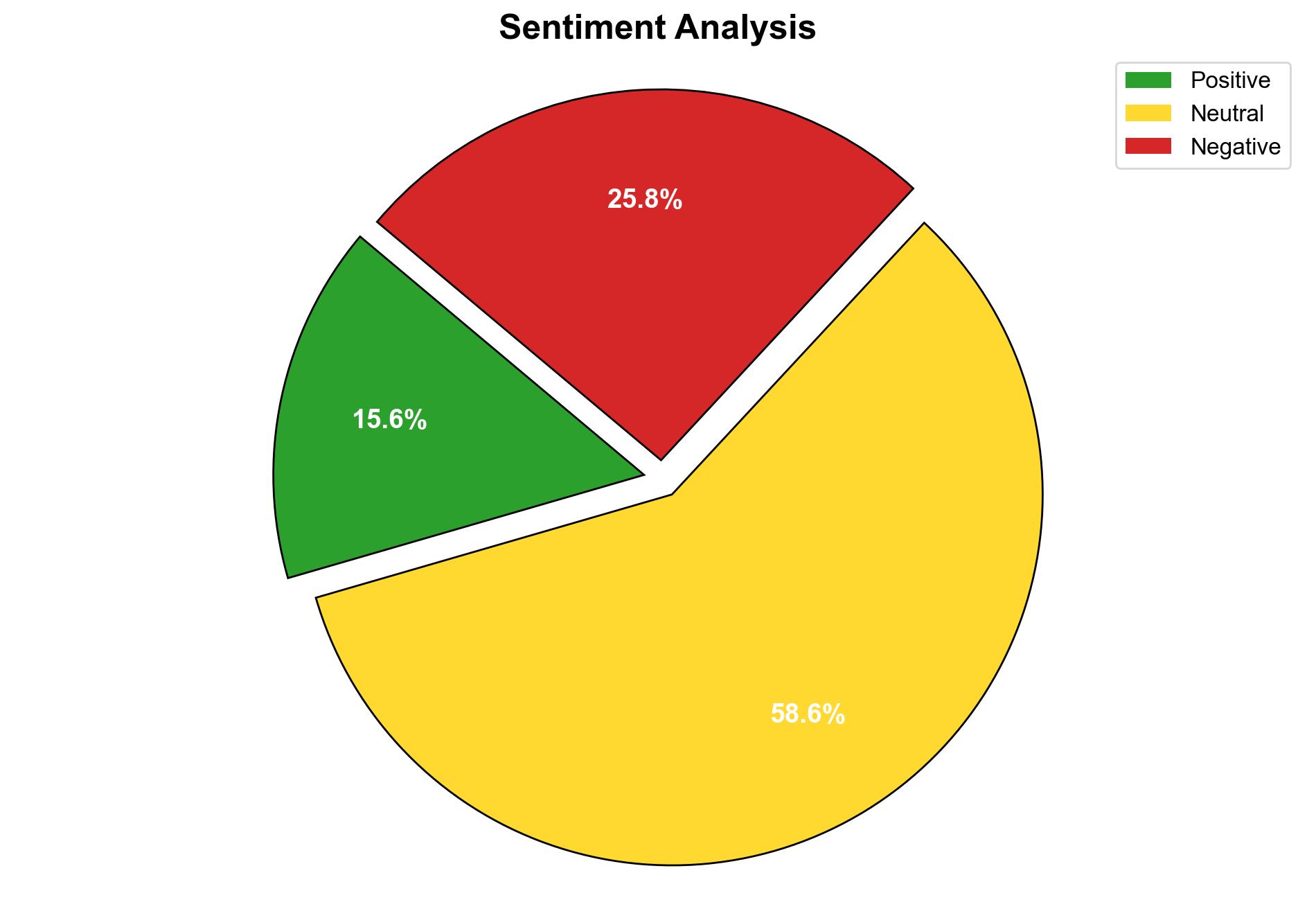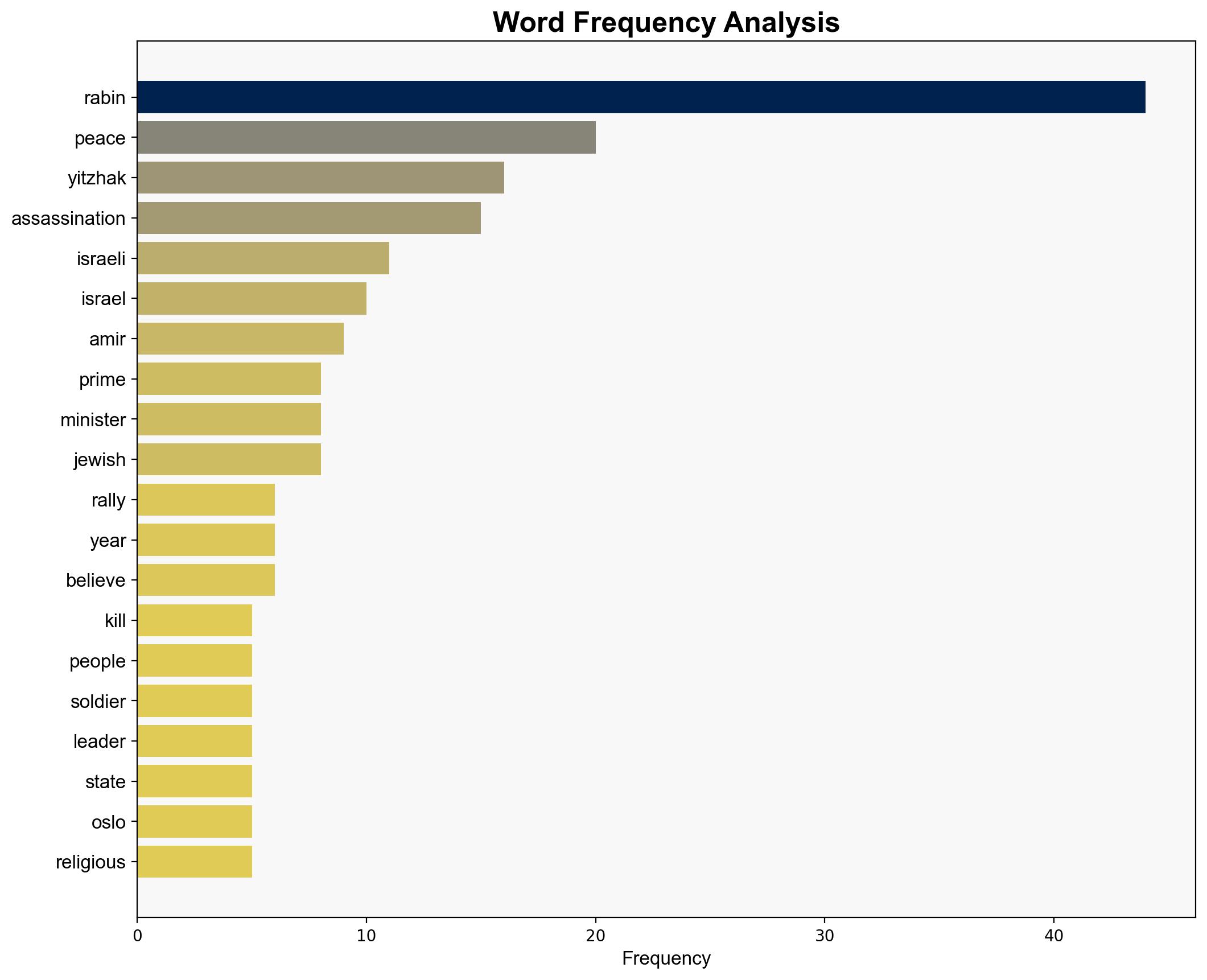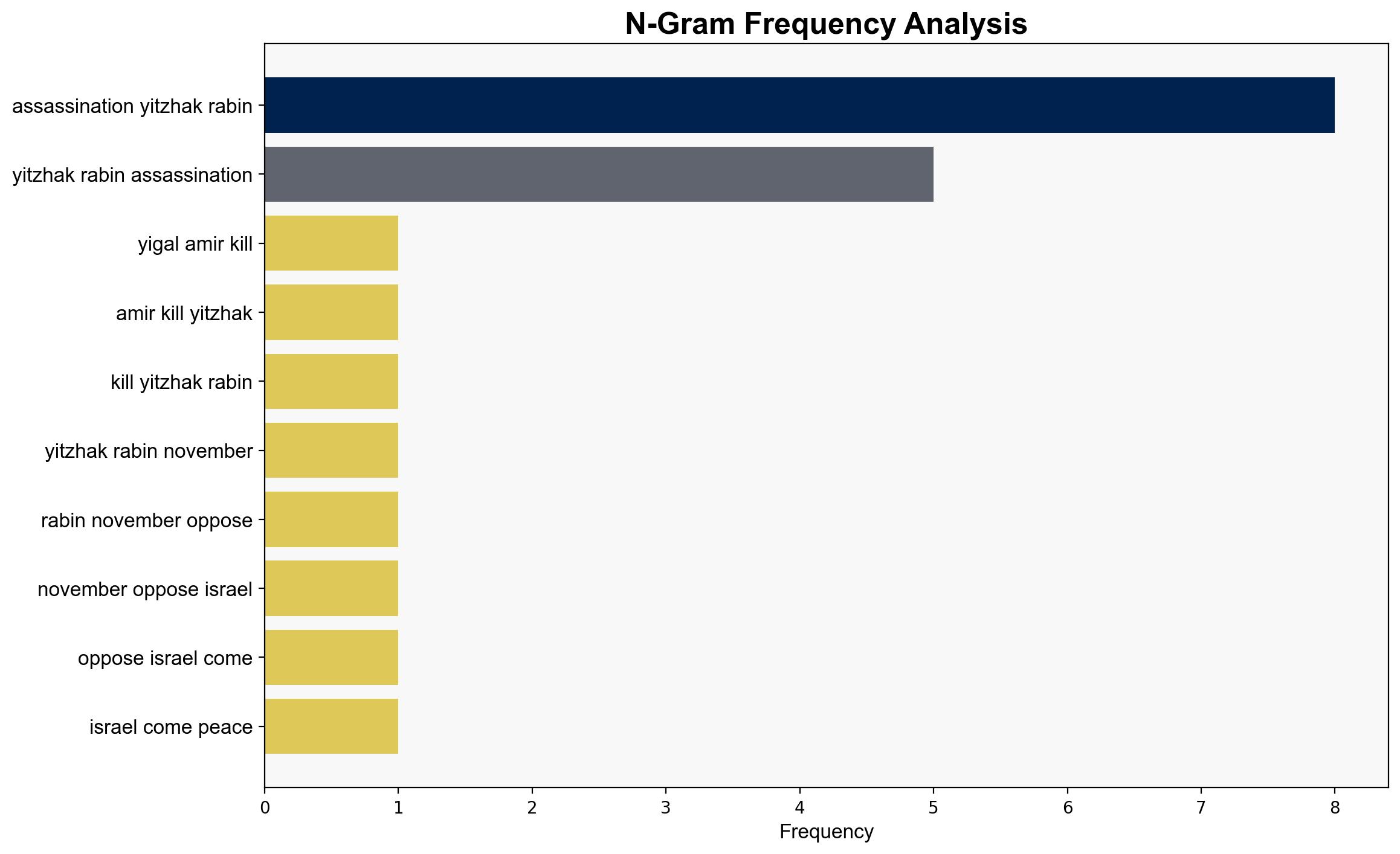Yitzhak Rabin The Israeli Prime Minister Who Was Assassinated Immediately After Giving A Pro-Peace Speech – Allthatsinteresting.com
Published on: 2025-11-11
AI-powered OSINT brief from verified open sources. Automated NLP signal extraction with human verification. See our Methodology and Why WorldWideWatchers.
Intelligence Report: Yitzhak Rabin The Israeli Prime Minister Who Was Assassinated Immediately After Giving A Pro-Peace Speech – Allthatsinteresting.com
1. BLUF (Bottom Line Up Front)
With a moderate confidence level, the most supported hypothesis is that Yitzhak Rabin’s assassination was a result of a deeply polarized Israeli society, where extremist factions perceived his peace efforts as a threat to national security and identity. The assassination underscores the ongoing risk of political violence in contexts of intense ideological division. Recommended actions include fostering dialogue across political divides and enhancing security measures for political figures.
2. Competing Hypotheses
Hypothesis 1: Rabin’s assassination was primarily driven by domestic political opposition to the Oslo Accords, with extremist elements perceiving the peace process as an existential threat to Israel’s security and Jewish identity.
Hypothesis 2: The assassination was orchestrated by a broader conspiracy involving multiple actors who sought to derail the peace process for varied ideological and strategic reasons, beyond just domestic opposition.
Hypothesis 1 is more likely given the evidence of intense domestic opposition, the rhetoric of betrayal, and the specific actions of Yigal Amir, a lone actor motivated by religious-nationalist ideology. Hypothesis 2 lacks substantial evidence of broader conspiratorial involvement.
3. Key Assumptions and Red Flags
Assumptions: The analysis assumes that the political climate in Israel at the time was sufficiently polarized to incite violence. It also assumes that Yigal Amir acted independently without direct support from larger networks.
Red Flags: The presence of inflammatory rhetoric and religious justifications for violence indicate potential for future political violence. The lack of robust security measures for Rabin, despite known threats, is a critical oversight.
Deception Indicators: There is no clear evidence of deception, but the potential for misinformation campaigns by extremist groups should be considered.
4. Implications and Strategic Risks
The assassination has long-term implications for Israeli politics, potentially hindering future peace negotiations due to fear of violence against leaders. It may embolden extremist factions, increasing the risk of political violence. The event could also influence regional stability, affecting Israeli-Palestinian relations and broader Middle Eastern geopolitics.
5. Recommendations and Outlook
- Enhance security protocols for political figures, especially those involved in contentious negotiations.
- Promote initiatives aimed at bridging ideological divides within Israeli society to reduce polarization.
- Monitor extremist groups for signs of planning or incitement to violence.
- Best Scenario: Successful implementation of peace initiatives, reducing extremist influence.
- Worst Scenario: Escalation of political violence, derailing peace efforts and destabilizing the region.
- Most-likely Scenario: Continued political tension with sporadic violence, but no large-scale escalation.
6. Key Individuals and Entities
Yitzhak Rabin, Yigal Amir, Benjamin Netanyahu, Yasser Arafat.
7. Thematic Tags
National Security Threats
Structured Analytic Techniques Applied
- Cognitive Bias Stress Test: Expose and correct potential biases in assessments through red-teaming and structured challenge.
- Bayesian Scenario Modeling: Use probabilistic forecasting for conflict trajectories or escalation likelihood.
- Network Influence Mapping: Map relationships between state and non-state actors for impact estimation.
Explore more:
National Security Threats Briefs ·
Daily Summary ·
Methodology





